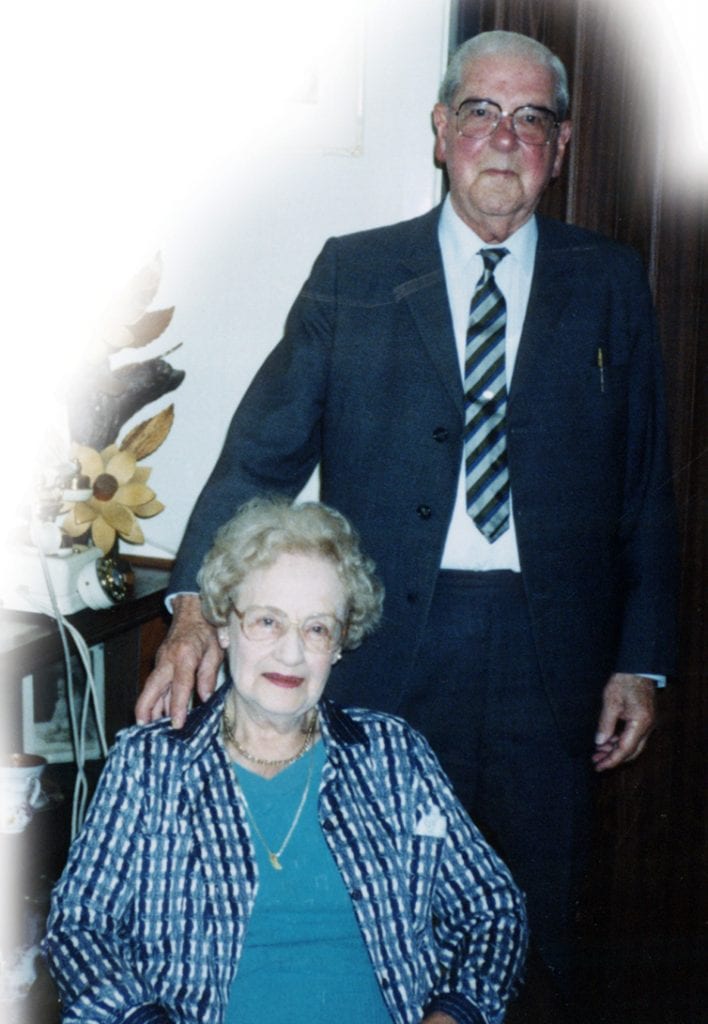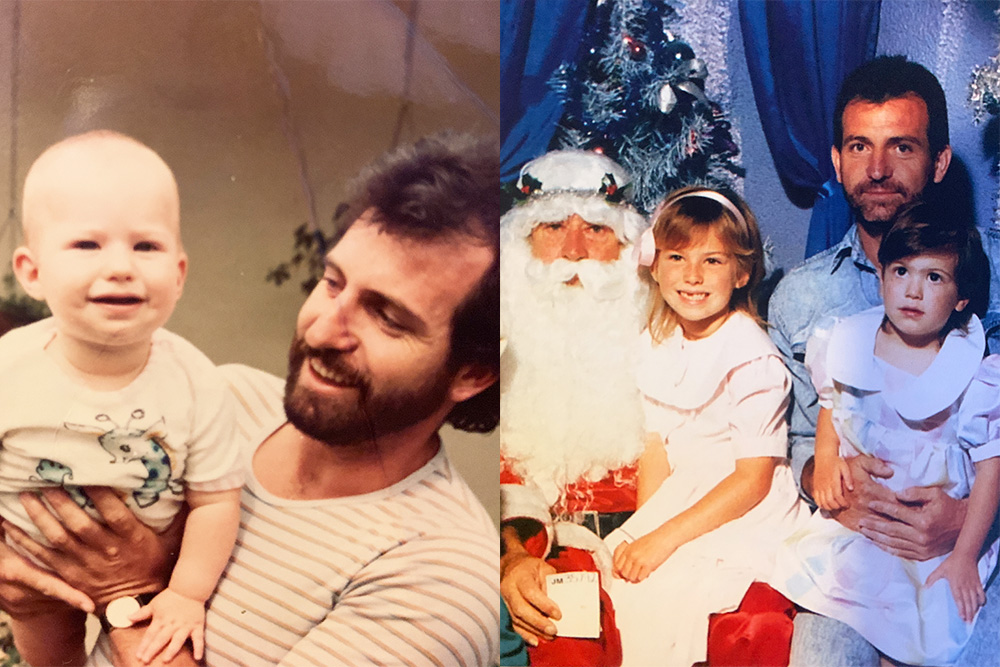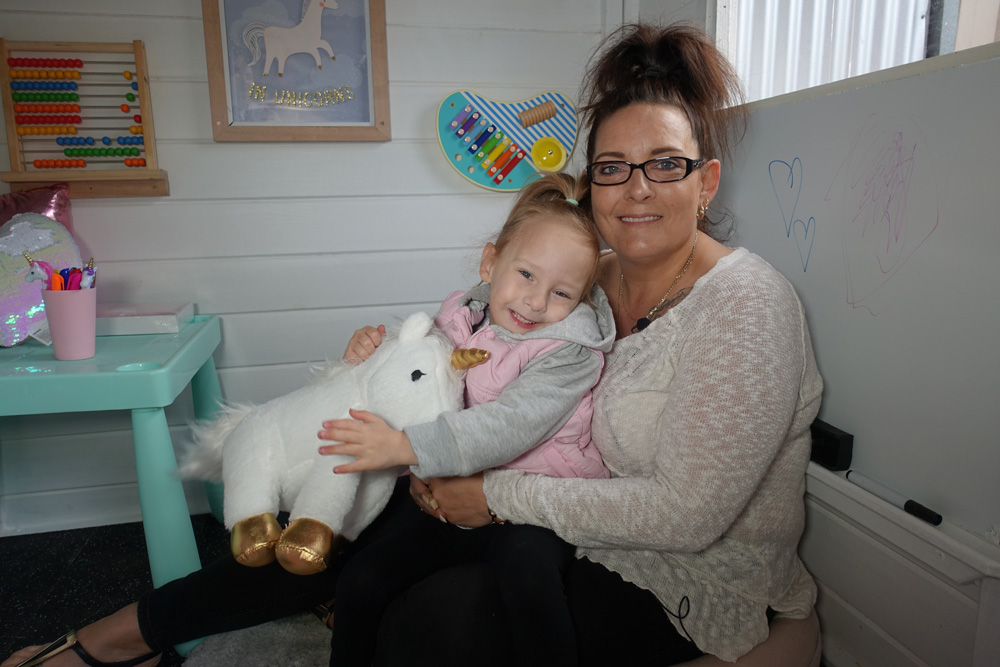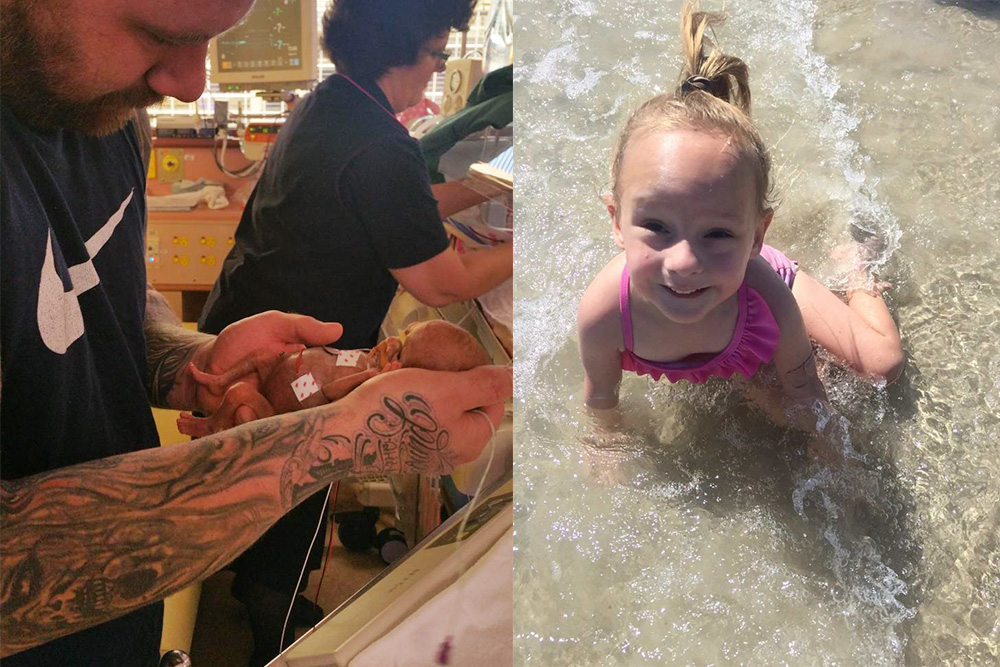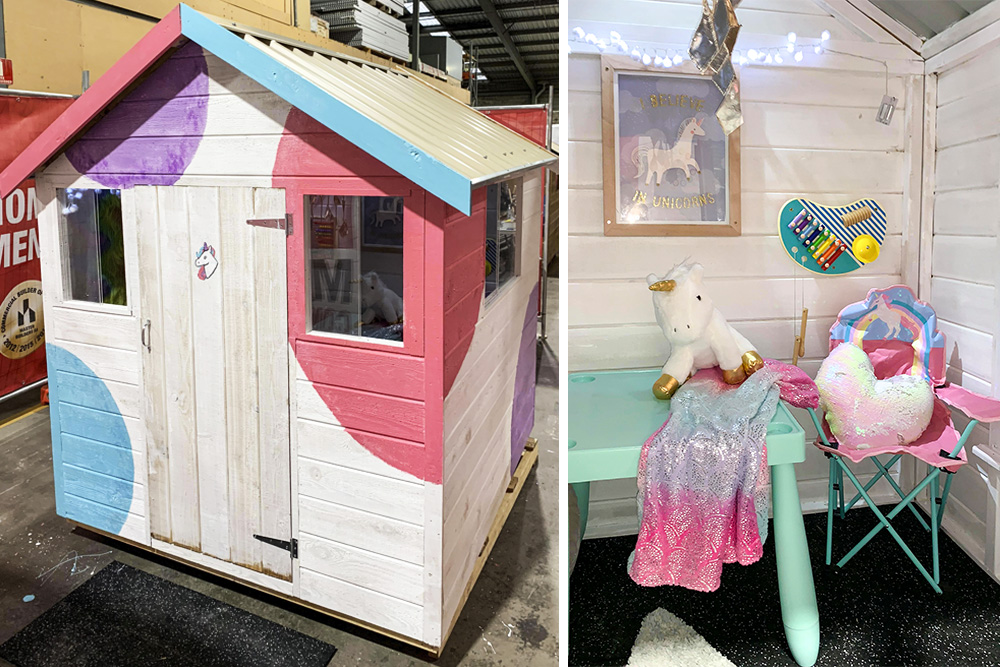The Georgia Pyman Fund was established by her loved ones to raise much-needed funds for the paediatric palliative care service at the Women’s and Children’s Hospital. Georgia was diagnosed with congenital cytomegalovirus (CMV) while still in the womb and wasn’t expected to survive birth. She went on to live life with a courageous heart and a big smile, passing away at the age of 14.

Kirsteen Calder and daughter Georgia Pyman.
Her mum, Kirsteen Calder, decided to honour Georgia’s life by leaving a gift in her Will to the Women’s & Children’s Hospital Foundation. Here she tells us about her decision and the difference she hopes her bequest will make to future generations.
“Georgia was a ray of sunshine in this world. Everyone who met her fell in love with her.
“I first became involved with the WCH Foundation when Sara Fleming from the Women’s and Children’s Hospital’s paediatric palliative care service, and a group of parents who had used the service, got together to begin discussions on building a beach house. After my daughter Georgia passed away in 2013, I established a fund in her memory with the help and guidance of the WCH Foundation.
“I am passionate about fundraising for paediatric palliative care because the team cared for Georgia and my family for eight years, providing us with love and care while preparing us for what the future held. Our family would have been lost without this amazing service being with us each step of the way.
“After Georgia passed away, my husband John and I updated our Wills. It was a very easy decision to leave a gift to the WCH Foundation. Georgia was still very much a part of our family and always would be. We wanted to acknowledge her in our Will just like our other children were being acknowledged.”
For Kirsteen, the WCH Foundation – as a charity partner of the Women’s and Children’s Hospital – was the right charity to receive this special gift.
“The WCH Foundation is making a difference because it is raising essential funds to support the WCH and highlighting the need to support this amazing Hospital we have on our doorstep.
“The thought of a gift being left to support the Hospital’s paediatric palliative care service in Georgia’s memory filled my heart with joy. This gift is for our future generations – my family and all the families of South Australia.”
When considering leaving a gift in your Will to a cause that is important to you, Kirsteen believes that communicating your wishes to other family members and loved ones is a key step.
“Having an open discussion about your wishes is important because it allows you to explain how you came to your decision and how it will benefit others. It is also important to let your family know how good your decision has made you feel.”
For others considering making a bequest to the WCH Foundation, Kirsteen says, “If you leave a gift in your Will to the WCH Foundation you will be leaving a gift to all the children of South Australia. Most of us, in some capacity, have had loved ones spend time at the WCH. Leaving a gift to the WCH Foundation will support this amazing Hospital – I view my gift as building a future of care for my grandchildren and great-grandchildren.”
If you are passionate about creating a better future for women, children and their families, please consider leaving a gift in your Will to the WCH Foundation.

